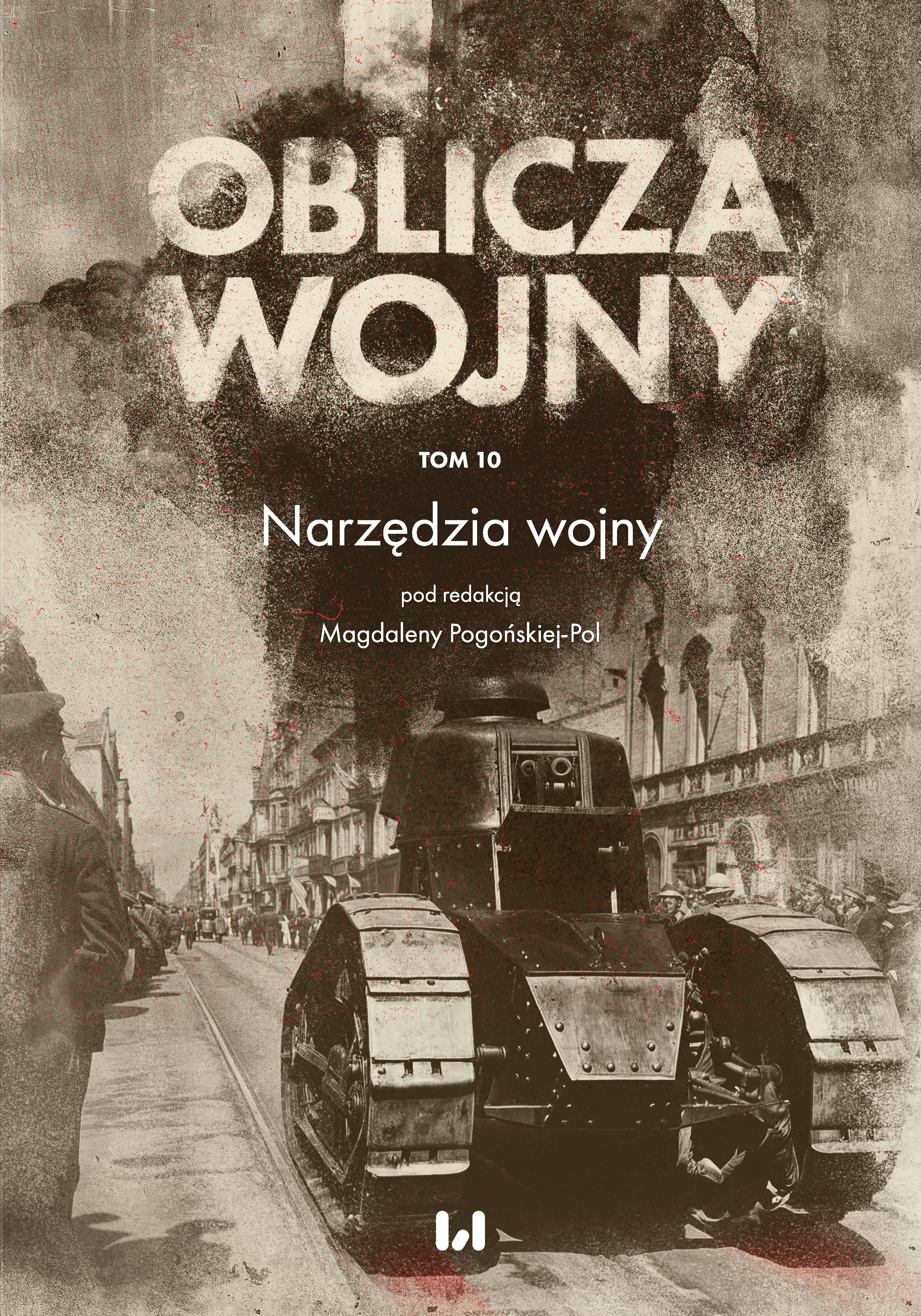Diplomatic Tools and Tools of War: Activities of the Polish Office in Casablanca during Second World War – a Case Study
Diplomatic Tools and Tools of War: Activities of the Polish Office in Casablanca during Second World War – a Case Study
Author(s): Anna Ambrochowicz-Gajownik
Subject(s): History, Military history, Recent History (1900 till today)
Published by: Wydawnictwo Uniwersytetu Łódzkiego
Keywords: Polish Offices in France; Casablanca; evacuation; Second World War; Poles in North Africa
Summary/Abstract: The aim of the article is to present the functioning of the Polish Office in Casablanca as an institution caring for civilian refugees and soldiers located in North Africa. Stanisław Zabiełło was at the head of the network of Polish Offices, while the general supervision over the activities of the Offices in Algiers, Tunis, Casablanca, and Dakar was exercised by Emeryk Hutten-Czapski. The main tasks of the Office were to provide Poles with identity documents, to watch over their living conditions in Casablanca, and in the case of soldiers, monitor the conditions in labour camps or work teams. In addition, the office cooperated with the Polish Red Cross and foreign consulates that assisted in issuing transit visas for Poles in order to evacuate them from North Africa. The Im Fout labour camp was the main centre for demobilised soldiers and former volunteers during the war, who belonged to the so-called ‘Groupe des Travailleurs Étrangers’. Officers and soldiers from the Kasba Tadla labour camp were transferred to Mascara and Saida. By contrast, Missour Safi, Mogador, and Marrakesh were mostly inhabited by Jews. An important issue of the office was establishing and maintaining proper relations with local authorities. This was mainly to be used in conducting more efficient interventions in matters of placing Poles from camps or work teams. In addition, the Office cooperated with other diplomatic missions in Morocco in order to obtain transit visas for compatriots. The facility in Casablanca also oversaw the evacuation of soldiers. In December 1941, the Offices ceased to function under this name and were transformed into the Bureau of Administration for Poles, without changing the nature of the work carried out, including in Casablanca.
Book: Oblicza Wojny, t. 10, Narzędzia wojny
- Page Range: 223-236
- Page Count: 14
- Publication Year: 2023
- Language: English
- Content File-PDF

